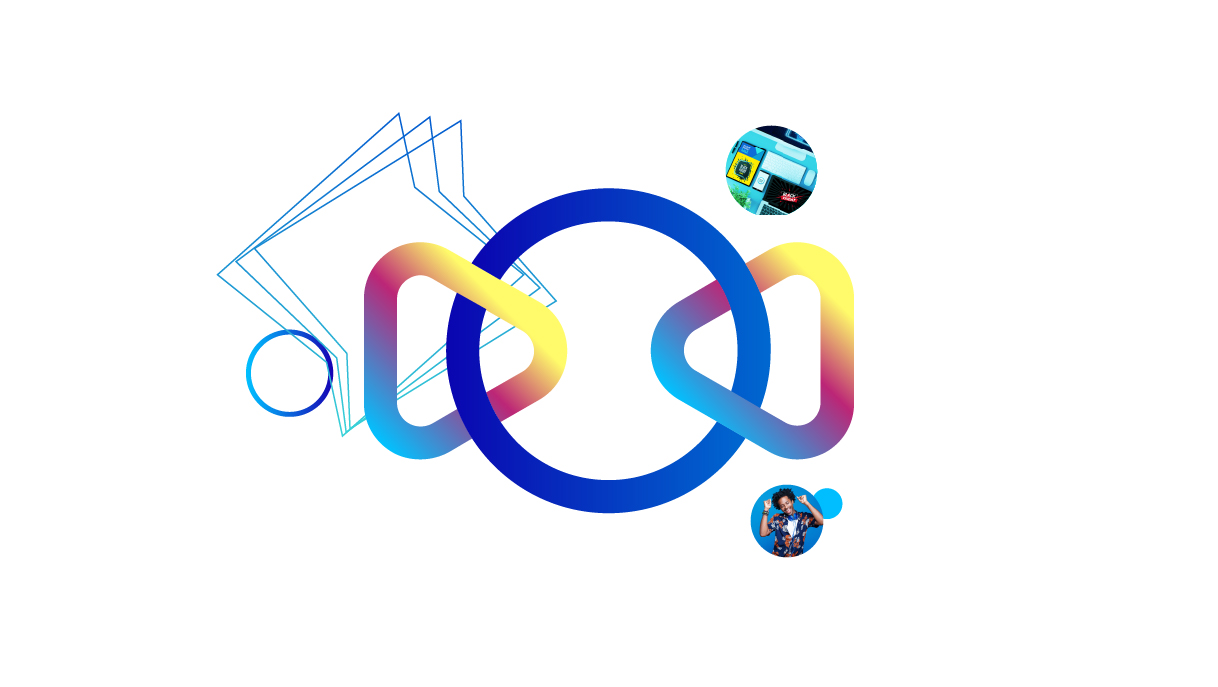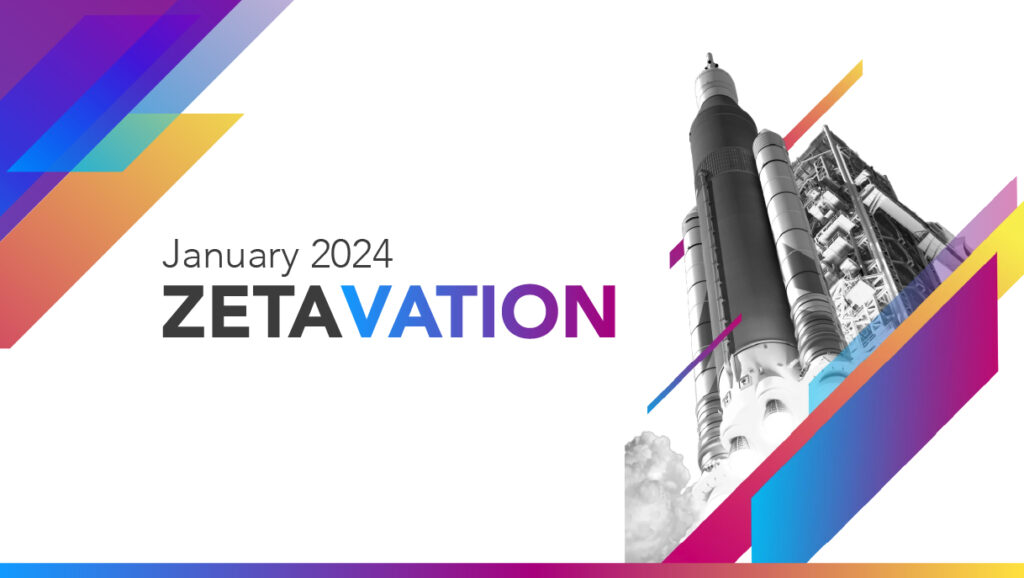
Top 8 CDP Use Cases for the Hospitality Industry
Hospitality is increasingly about understanding who your guests are and what they want—even when they aren’t at your properties. Many marketers in the hoteltech and hospitality space have begun connecting online interactions with in-person guests, improving personalization, driving repeat booking, and delivering customized guest experiences.
However, that data is often spread out across multiple platforms and difficult to normalize into usable information. A CDP (customer data platform) creates a unified data source by combining information from multiple locations into a single platform. These powerful platforms help hotels, restaurants, casinos, resorts, and others in the hospitality space attract customers and provide exceptional service.
Good hospitality is about understanding guest needs and creating a personalized experience; CDPs help deliver those experiences through technology. Here are eight ways your organization can leverage CDPs to deliver extraordinary experiences both online and in person.
Website Personalization During Booking
A personalized experience goes beyond greeting a guest by name at check-in. With data from your CDP, your website can display personalized information, content, or offers that appeal to a specific customer base.
For example, you might create rules to highlight children’s amenities to families or other amenities based on past purchase preferences, user status, and room inventory. CDP data can also help provide relevant offers for rooms and non-room-related services, such as the spa, casino credits, or off-property excursions.
CDPs can also influence guests in the decision making stage by presenting estimated points or status changes they stand to earn based on completing the booking.
Find Up-sell/Cross-Selling Opportunities
Personalization extends beyond the booking process. Past purchase and browsing data can also highlight cross-selling opportunities during the span between booking and their stay.
For example, suppose a user visits your site before their stay, but after booking. The website homepage banner or an onsite notification can be personalized with exclusive up-sell or cross-sell offers, such as dinner during their stay, excursions, upgrades, and other appealing offers.
Additionally, marketers might send the customer an email about a music event or a discount with a partner car rental company for their booking window. Messages about their stay could also be delivered via other channels, such as social media, if appropriate.
Offer Booking Alternatives
In addition to personalizing offers, a CDP can help streamline the booking process. For example, what happens when a user attempts to book at a time or day that is fully booked? Most sites simply state the time or date is unavailable, leaving the user to navigate the next steps on their own.
However, using the CDP data on previous booking information, location data, and browsing behavior, marketers can create rules to suggest alternative times and save the booking. For example, if Friday at 7:00 pm is full, your site might offer Saturday at 7:00 pm or an alternative restaurant at the same hotel. Hotels could display open dates the week before or after or suggest upgraded rooms available during the selected dates. These suggestions improve the user experience—and protect your bottom line.
Send Booking Reminders
Similar to an abandoned cart reminder, a booking reminder can urge guests to complete a booking when they’ve abandoned the page before confirming and finalizing their arrangements. For example, suppose a user drops off your site before making it to the checkout page. Marketers can use CDP data to notify the user at a later date and remind them to complete the purchase, perhaps by offering a small discount or another attractive offer.
Even better, you can leverage CDP data to urge conversion on multiple platforms, such as a personalized banner on your website, an email reminder, or messages on social media.
Combine Onsite and Offsite Behavior to Provide a More Personalized Experience
While many interactions occur online, customers also ask questions via phone, at hotel reception, or during a visit to an on-site amenity. By connecting platforms, such as your CRM, with the CDP, users can be sent personalized messages in reference to in-person interactions.
For example, say a user asks at check-in about a sightseeing tour. The receptionist inputs that information into the CDP (possibly via the CRM), which triggers an email that allows the user to easily book the tour on a partner site. In addition to improving the guest experience, connecting online and offline behavior allows your business to improve personalized recommendations.
Provide a More Personalized Check-In Experience
CDPs can also enhance the check-in experience by providing additional information about the customer to front desk agents, concierge, or other customer service personnel. Agents can offer personalized recommendations, discounts, or additional points for booking specific restaurants or amenities the customer has used in the past.
For example, the front desk agent might notice the user booked a specific restaurant during their last visit and ask if they’d like to book a table during this stay. Or, if the customer mentioned they were looking forward to the pool on Twitter, the agent might mention the hours or provide directions to the pool. It’s important to make a great first impression at check-in, and CDP data provides insights that can elevate the guest experience.
Encourage Repeat Bookings
Ecommerce brands have long used previous purchase data to encourage repeat purchases. The power of CDPs allows hospitality brands to do the same. A customer who previously booked a stay at a hotel or casino can be tempted back with personalized emails or a dynamic homepage suggesting a return visit. Since you already know what type of room they’ve booked and when they like to travel, the offer can include those details.
For example, a customer who previously booked a stay during Thanksgiving and ate at your on-site restaurant could be targeted with ads or emails suggesting booking this year’s stay before rates go up or your property is at capacity.
Nurture the Relationship Between Visits
CDPs help brands maintain relationships with guests between stays, which may only occur a few times a year.
For example, customers with points set to expire could be notified and offered a discount if they book a stay in the next 30 days. They could also be selected for drip email campaigns based on expressed interest or reward tier status.
Guests that often stay or travel to a location at a regular intervals could be targeted with campaigns about special events during their usual visit times, updates to amenities, or special offers.
Improve the Guest Experience with a Single Source Of Truth
Hospitality brands are in a position to deeply understand their guests based on interactions that occur both online and in person. Unfortunately, much of that data is distributed between multiple systems, including your booking software, CRM, marketing tools, and internal systems.
A CDP streamlines this data into a single source of information, making it easier to find opportunities to improve the guest experience. From one dashboard, anyone in your organization can see where the guest has visited, their interests, information about recent interactions, and much more.
Deliver personalized guest experiences at scale with Zeta Global’s CDP+.


